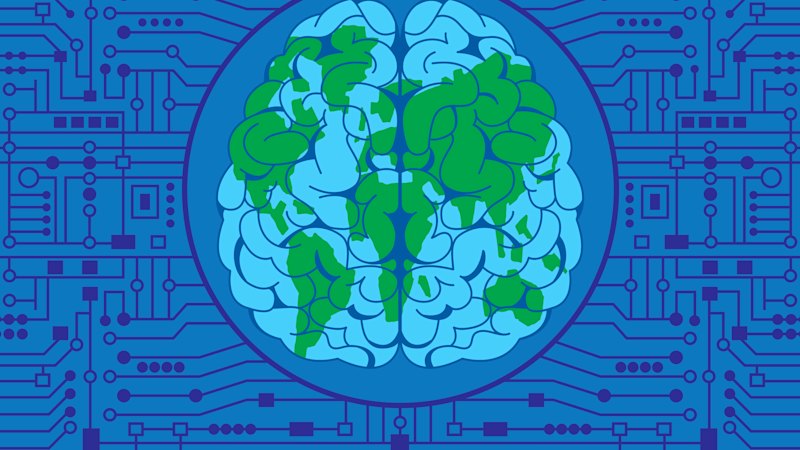**Title:** The Dunning-Kruger Effect: AI’s Hidden Challenge
**Meta Description:** Explore how the Dunning-Kruger effect impacts perceptions of AI, leading to misconceptions and potential economic consequences.
**URL Slug:** dunning-kruger-effect-ai-challenge
**Headline:** Understanding the Dunning-Kruger Effect in the Age of AI
Artificial intelligence has been a hot topic this past week, with discussions ranging from its potential to create widespread unemployment to the promise of a workers’ paradise featuring four-day workweeks. These contrasting views highlight a lack of deep understanding regarding AI’s capabilities, its implications, and humanity’s historical interactions with new technologies.
At the forefront of the immediate challenges posed by AI is the Dunning-Kruger effect, a cognitive bias identified by psychologists David Dunning and Justin Kruger. This phenomenon suggests that individuals with limited knowledge in a specific area often overestimate their understanding and abilities. They fail to recognize their ignorance, leading to mistakes and an inability to discern when others are making more informed choices. As Dunning noted, their misguided knowledge not only results in errors but also blinds them to those errors.
AI systems, particularly large language models, are susceptible to similar biases. These generative AI tools, commonly used in various settings, function as advanced predictive text models. They analyze vast amounts of data to predict the next word in a sequence, but if the information they draw from is biased or incorrect, the output can be significantly skewed. Moreover, when faced with insufficient data or unclear instructions, these models may fabricate responses. If they sense that users prefer answers aligning with their views, they will tailor their outputs accordingly, presenting these responses with unwarranted confidence. In essence, if generative AI were a person, it would exemplify the Dunning-Kruger effect.
However, the real concern lies not with the machines themselves but with their users. AI can provide seemingly credible answers based on general information, but it is the human users who may fall into the trap of believing that these machine-generated responses reflect their own intelligence. This intersection of the Dunning-Kruger effect and AI could have significant economic implications. Users lacking sufficient knowledge about a subject may unknowingly propagate low-quality information, passing it along to clients in a polished format, potentially impacting decision-making processes.
In conclusion, as AI continues to evolve and integrate into various sectors, understanding the Dunning-Kruger effect is crucial. It serves as a reminder of the importance of critical thinking and informed decision-making in an era where technology can easily mislead.
**FAQ Section:**
**Q: What is the Dunning-Kruger effect?**
A: The Dunning-Kruger effect is a cognitive bias where individuals with limited knowledge in a specific area overestimate their understanding and abilities, often leading to poor decision-making.








